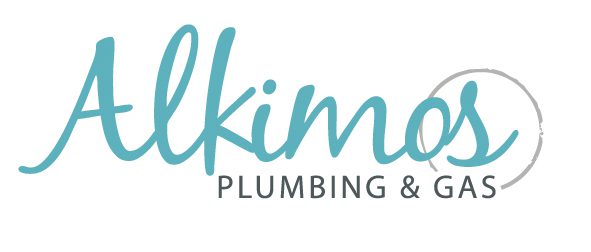Over the years, smart inventions have changed the way we live. From cars, plumbing, air conditioning and heating, and home appliances, each device has made our lifestyles easier, giving us more time for the more important things. But most devices need some form of a stable energy source to get it up and running properly, and this applies to home appliances especially.
From BBQ grills, cookers, and stoves, you may find that your existing appliances use LPG as an energy source. But while this is a perfectly acceptable way to power your appliances if you’re already using LPG, you may find that you may need to convert your home appliances to a natural gas source if you are moving to a place that is powered by natural gas. Whether you are renting or moving into your forever home, it’s a good idea to consider gas conversion if the place that you are moving to is connected to natural gas.
Below, what you need to know about converting from LPG to natural gas.
Benefits of Converting To Natural Gas
LPG (or liquefied petroleum gas) is composed mainly of propane and butane and is used as a type of fuel for many appliances, such as cooking, heating, and hot water systems. These come in portable tanks and have been used as a source of energy for appliances for many years, which is why there are many home appliances available in the market that are created specifically to be powered by LPG.
However, it’s undeniable that converting your home to natural gas has many benefits. Consider that a large number of homeowners have deemed it the best option to have a natural gas installation for their homes, for many reasons.
First, natural gas is environmentally friendly, and it does not burn, meaning no harmful chemicals are released into the environment. Because natural gas is, well, natural, there’s also an abundance of it, which not only means that your domestic supply will be plentiful and easy to access, but it will also be reliable, too.
Natural gas is also cheaper in the long term. Buying and recycling LPG tanks over the years can be cost-inefficient, whereas connecting to your suburb’s natural gas supply costs less over the months of your residence. Gas installations have proven to be budget-friendly, so it’s no wonder that a lot of homeowners have chosen natural gas.
There’s also far less maintenance required when homes have natural gas installations, as there is no tank disposal required when using LPG, and there’s little to no clean up required. Most of all, natural gas is convenient. Because it comes from an underground pipeline that connects to your home, you don’t need to track gas levels, and you don’t have to worry about running out of gas in your LPG tank all of a sudden, which is a huge inconvenience. Instead, you get power when you need it, so you can cook, heat your home, and use your hot water at any time.
How Does Conversion Affect Gas Appliances?
You may be wondering why you need to convert your appliances from LPG to natural gas. This is because these two types operate at different pressures, and LPG has a higher energy content than natural gas. For proper combustion, LPG requires oxygen to gas ratio of about 25:1, while natural gas requires 10:1. As you can see, it’s a big difference.
In order to convert gas appliances, a conversion kit needs to be used. Some appliances, upon purchase, come with conversion kits to make this easier. Using these and following them to the manufacturer’s specifications will ensure the conversion is done appropriately.
In some devices, the gas jets will need to be replaced. This is because their differing ratios of oxygen to gas means that the sizing of the gas jets needs to be changed.
Commonly, the sizing of the gas injector and the adjustment of pressure is required in order to safely convert from LPG to natural gas. Depending on the appliance, dampers, aeration sleeves and air baffles must also be replaced properly. Otherwise, it can be hazardous, as these are combustible gases.
Because of its hazardous nature, it’s important to note that if you are looking to convert your home appliances from LPG to natural gas, you need to call a licensed gas plumber to do this procedure. Do not attempt to do this yourself, as it can have disastrous consequences.
Gas plumbers are trained to safely work with combustible gases such as LPG and natural gas and have the proper expertise to convert your appliances as required. You’ll have peace of mind, knowing that your much needed appliances are safe to use and extensively checked by a trained professional.

